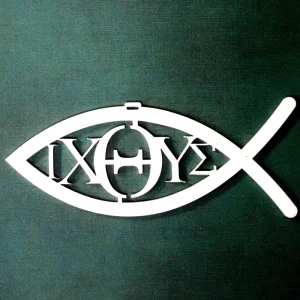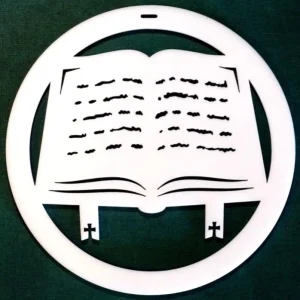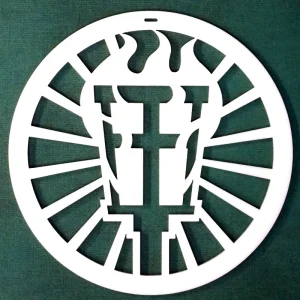This rich, detailed, and pastorally-curated list of resources is intended to support and enrich Christians. It includes, books, articles, podcasts, videos, and businesses whose content and offerings serve the Christian faith. Our recommendations are constantly growing, so check back often for new additions, and contact us with questions, comments or additional materials to consider.








